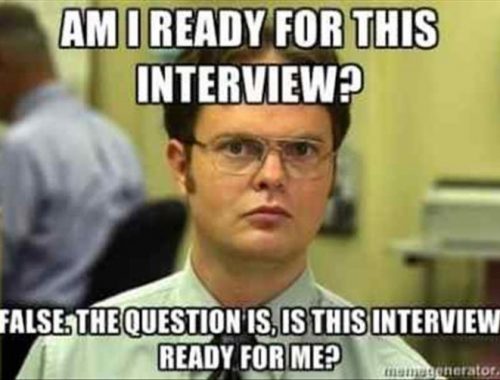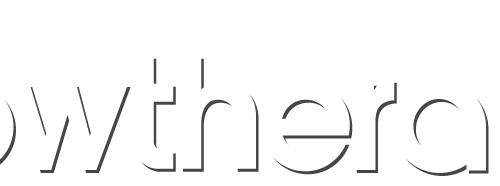The big bad Simulated World
The Search

When searching for a job within the media industry, I tried multiple sources but ultimately found my ideal job on NI Jobs with the production company Farm Flix. This was the stepping stone to further research into the production company. That took me to their YouTube channel, where they conveniently posted a detailed video regarding their hiring process [1] alongside other helpful information. Like what the production company does and how its subscribers fund their platform. This documentary style of capturing the natural rural landscape around the United Kingdom and Ireland made me very interested in the role of videographer as it aligned with my personal interest in documentary film.
My Experience
Once I saw that this company do all the work from pre-production to post-production for their farm documentaries, I was highly interested in the role. My past studies at South West College and Queens University Belfast made me take ideas from my head onto production development. Then finally bring it to life in post-production, which meant I was very familiar with this company’s production method.
I then aimed to prepare myself for the simulated interview as best as possible by researching frequent questions asked within job interviews [2]. One question stood out in particular, number 10, ‘Share a story about a time you failed’, as much as it is hard to admit to an employer that I am not perfect. I knew that failing was a massive part of the learning experience within the film industry, and with my over seven years of film practice, I had more than a few stories to tell. Therefore, with a limited time frame, I researched the STAR technique [3] to tell a self-contained story of an appropriate time I failed in my many years of filmmaking.


Which Situation to tell
When reflecting on the many times I failed in my filmography, I decided to talk about my GCSE project that involved me producing a two-minute sequence of my original idea for a farm show parody. This example tells the interviewer about my previous filming experience with farmers in their natural environment and relates to the content they create for their subscribers. This was my first-ever film project, A-Lister Farmer [4], which meant all of those first-time mistakes naturally happened. Not saving the footage before formatting the SD card, check; deciding I don’t need a tripod and having shaky unusable shots, check.
However, my greatest lesson learnt was my communication with my actors, aka my father and his other farming friends. Now I can’t say they were divas on set or demanding oak milk in their many cups of tea. But still, I feel like my sense of direction and creative vision could have been executed more effectively if I had felt more confident in giving directions to my actors. Something that I have developed a long way from when I first started to make films by now establishing more common ground with people I collaborate with on projects.

I think this situation is the best story to tell my interviewer. As it demonstrates my learning experience and can lead well to me talking about how I learned from these experiences in my most recent films. Furthermore, this situation should communicate to my interviewer that I am someone who not only has experience in filming with farmers. But I can learn and adapt from previous experiences to benefit me in current productions and create a high work standard.
123… Enter the simulation
I took all of this research into my interview with me and related everything to my past experience as a film student. This research became instrumental in answering why I wanted this job and how I had overcome a problem with a creative solution. It was this preparation that meant that I was able to respond to these questions with relevant examples.

This was reflected in my feedback, “He understood the questions well and answered fully,” with a 4 out of 5 mark. This interview further pushed the fact onto me that I must research the company beforehand and apply everything I say to why this company would want to hire me. A point established by my lectures as essential when applying for a job. That it is always important to tailor your answers, CV and wardrobe to what the company is looking for and what they already look like.
Throughout my interview, I kept Borton’s model of reflection [5] in mind when answering questions. First, I took the question at hand, then used a previous experience that the question best related to and then stated how I learned from it. The Borton model and the STAR technique helped me keep relevant and focused examples ready for any questions asked and meant that I could reply with appropriate answers.

Leaving the Matrix
After the simulated interview, I felt confident answering interview questions with detailed and relevant answers. I felt like this was a worthwhile experience to best prepare for what it feels like to be in an actual interview. My overall feedback summary from the interview was positive to my prior experience and enthusiastic approach to the job. But my main negative was my slouching posture in the interview. I was unaware that this was something I did, so this feedback is great to hear as I now know that my posture during my interview is something I need to focus on to better present myself to the interviewer.

After this simulated interview, I contacted the carriers department at Queens [6] to arrange another mock interview and get my CV proofread by someone with experience with knowing what makes a CV stand out. With these extra steps, I think I will be best preparing myself for what to expect once I leave the safety net of Queen’s, and be more confident to future employers in my job interviews.
Bibliography
1. Farm Flix is Hiring YouTube Video.
Available at: https://youtu.be/xJ5lydkWW6k (Accessed 20th January 2023)
2. Knowledge City, Learning Solutions: 19 Unique and Creative Interview Questions to ask Canidents.
Available at: https://www.knowledgecity.com/blog/unique-interview-questions-to-ask-candidates/ (Accessed 2nd February 2023)
3. The STAR Method
Available at: https://nationalcareers.service.gov.uk/careers-advice/interview-advice/the-star-method (Accessed 30th January 2023)
4. The First film that I made, A-Lister Framer.
Available at: https://youtu.be/o1QYJKd7n2w (Accessed 1st February 2023)
5. Janse, B. (2022) Borton’s Model of Reflection from Toolshero Personal Development.
Available at: https://www.toolshero.com/personal-development/borton-model-of-reflection/
(Accessed: 20th November 2022).
6. Queen’s Carrier Page
Available at: https://qub-csm.symplicity.com/students/app/home (Accessed 9th February 2023)
Nerves are a good sign…or are they?
PREPARE AND PRACTICE!
You May Also Like

“Fake it ‘til you make it!”: Finding Success in a Simulated Interview
22 February 2023
The World of Theatre upon Reflection
30 November 2022


